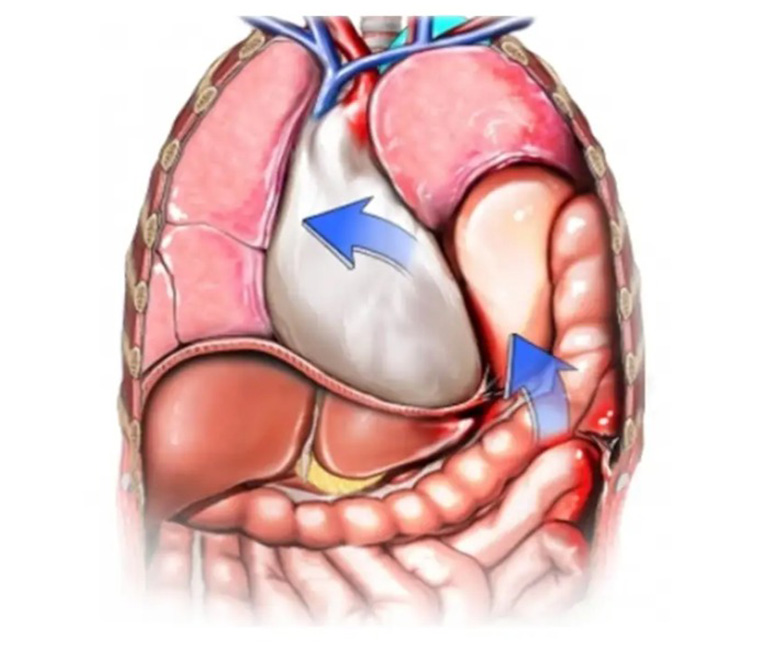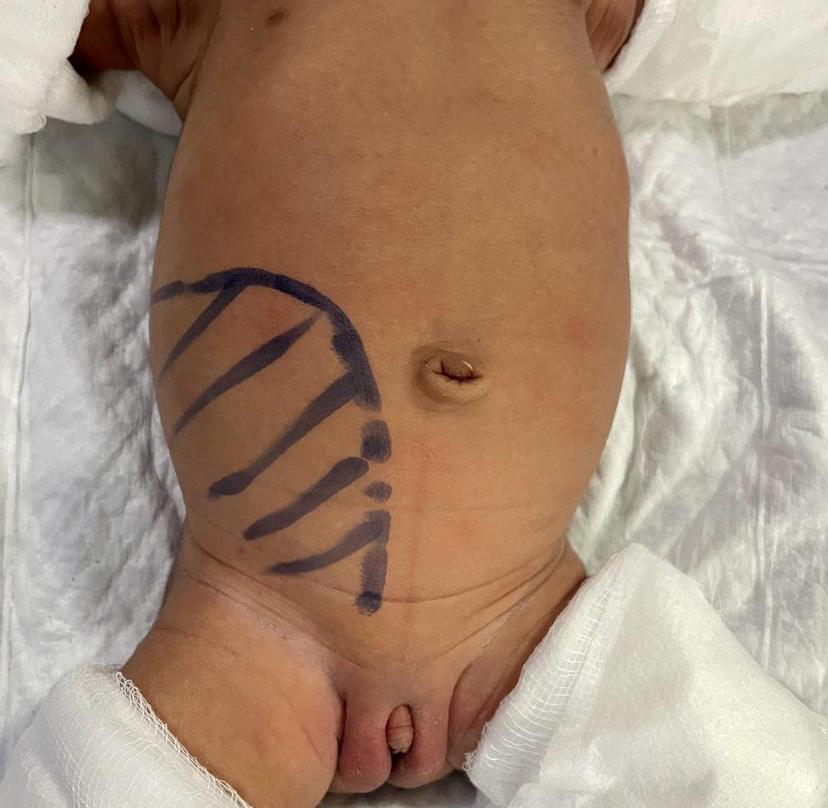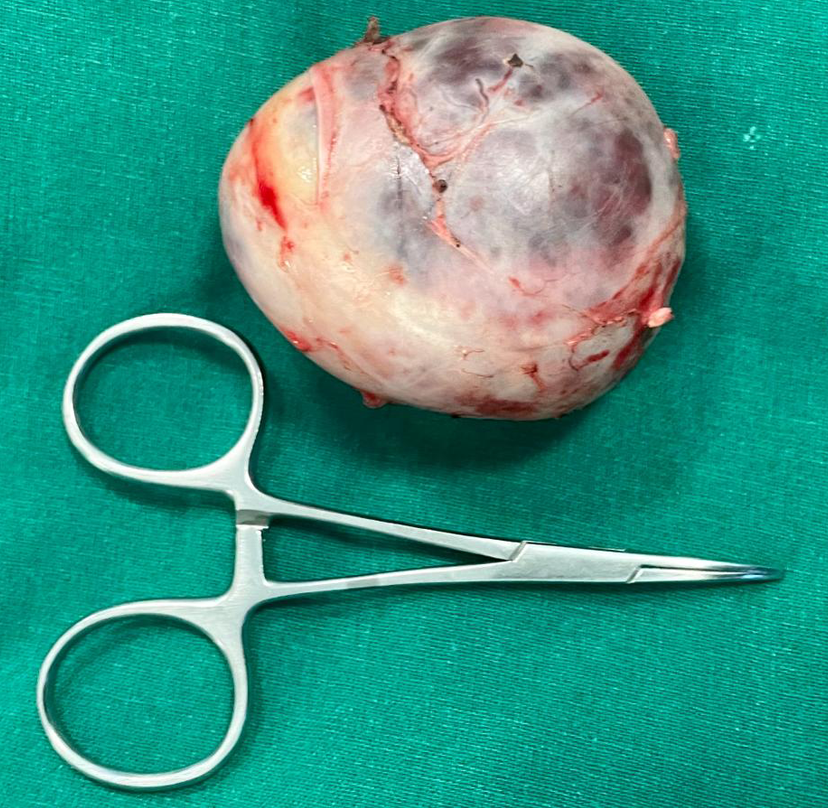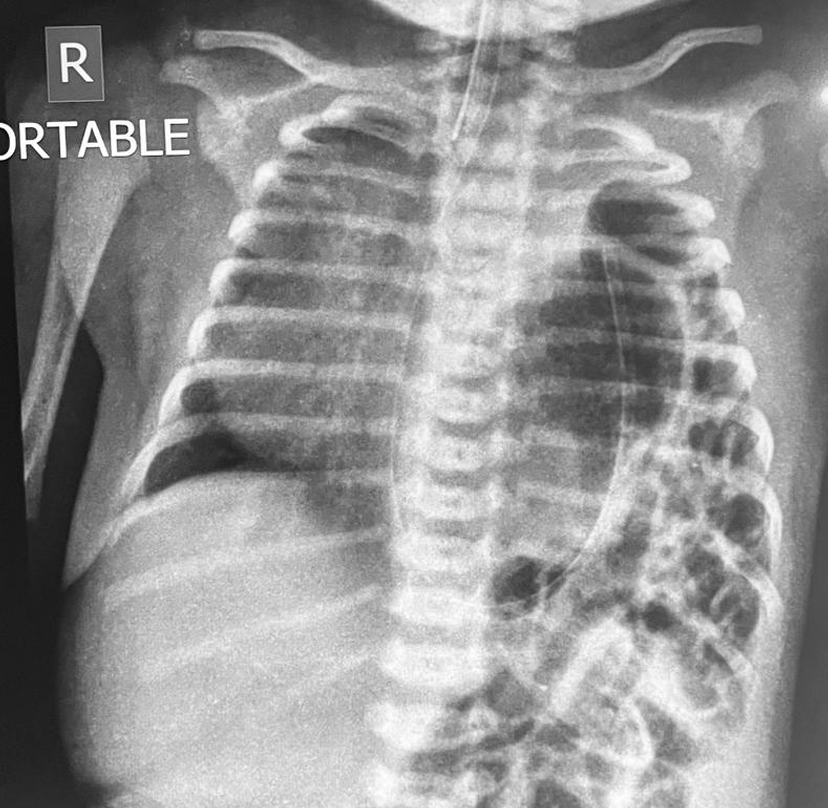Diaphragmatic Hernia
A muscle barrier in the form of a dome that separates the chest and abdominal compartments is the diaphragm. It divides your stomach, intestines, spleen, and liver from your heart and lungs.
When one or more of your abdominal organs protrude into your chest through a weakness (opening) in the diaphragm, this condition is known as a diaphragmatic hernia. Birth defects of this nature might also develop later in life. It's always a medical emergency that has to be fixed quickly with surgery.
Every hernia is brought on by pressure together with a weakness or opening in the muscle or tissue in your abdomen. Muscle weakness can be inherited, however it usually develops later in life. The most typical reasons for muscular tremor include




